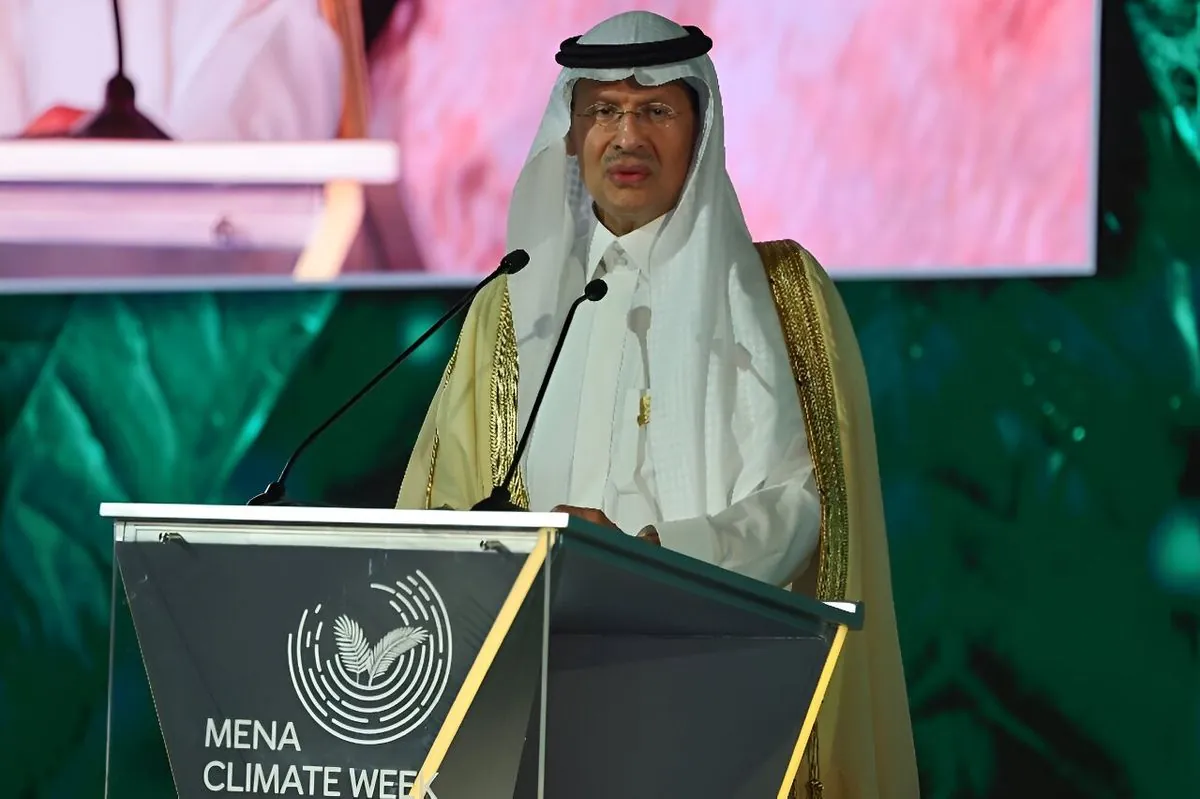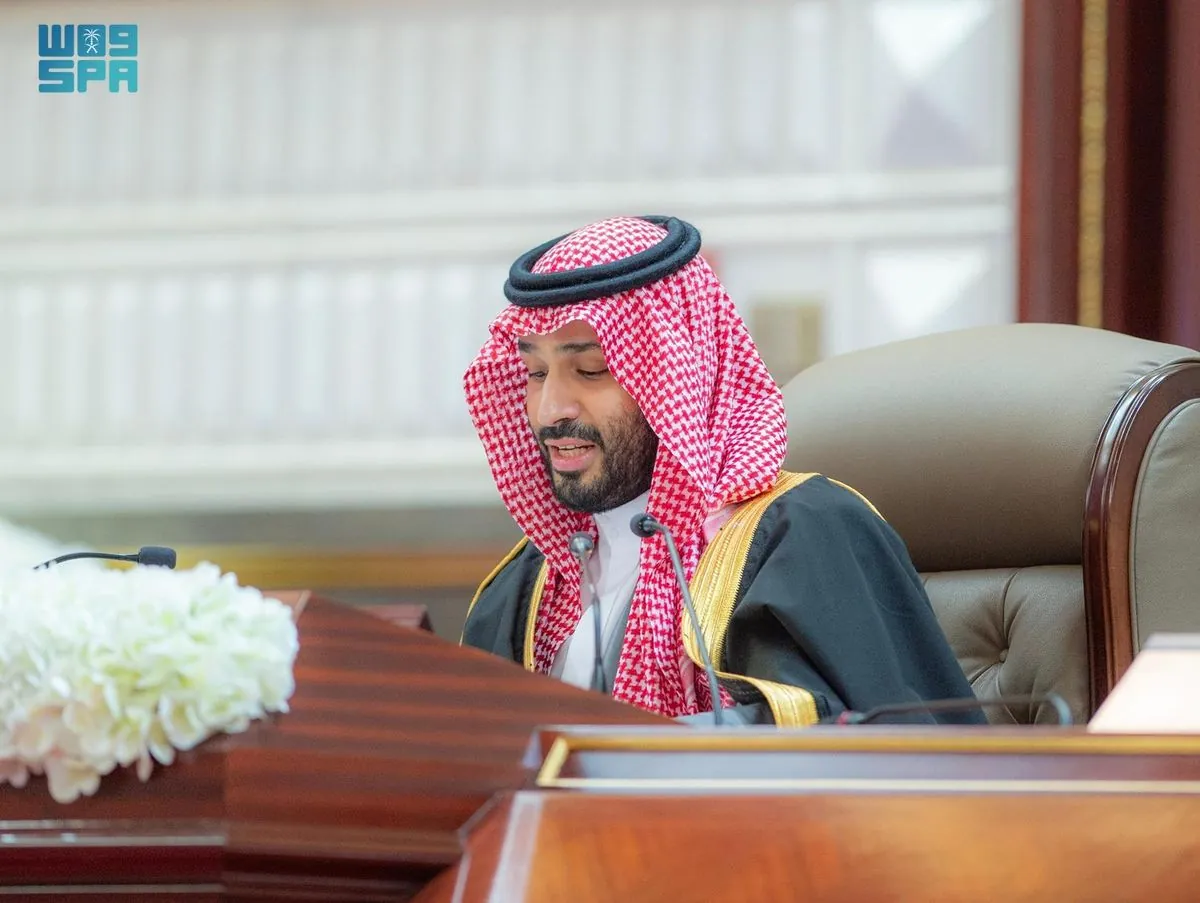Saudi Crown Prince Sets Clear Terms for Israel Recognition
Saudi Arabia's Crown Prince reaffirms commitment to Palestinian statehood as a prerequisite for Israel ties. Recent conflict halts U.S.-backed normalization efforts, reshaping regional diplomacy.

Mohammed bin Salman, Saudi Arabia's Crown Prince, has reaffirmed the kingdom's stance on recognizing Israel, emphasizing that diplomatic relations will not be established without the creation of an independent Palestinian state. This declaration comes approximately 11 months after the outbreak of hostilities between Israel and Hamas in Gaza, which significantly impacted regional diplomatic efforts.
In a recent address to the Shura Council, an advisory body to the Saudi monarchy, Mohammed bin Salman stated, "The kingdom will not cease its persistent efforts towards the establishment of an independent Palestinian state with East Jerusalem as its capital." This commitment aligns with Saudi Arabia's long-standing support for Palestinian rights and statehood.
The Crown Prince's remarks reflect a continuation of the kingdom's position, which has been consistent since the proposal of the Arab Peace Initiative in 2002. This initiative offered normalization with Israel in exchange for Palestinian statehood, demonstrating Saudi Arabia's enduring commitment to the Palestinian cause.

The recent conflict between Israel and Hamas, which began in October 2023, has led to a reevaluation of diplomatic priorities in the region. Prior to the outbreak of hostilities, there were indications that Saudi Arabia was moving closer to a potential normalization deal with Israel. However, the conflict has resulted in a pause in U.S.-backed talks aimed at normalizing Saudi-Israeli relations.
Saudi Arabia's stance on this issue is particularly significant given its status as the birthplace of Islam and home to its two holiest sites. The kingdom's position carries considerable weight in the Muslim world and has the potential to influence regional dynamics.
"The kingdom will not establish diplomatic relations with Israel without that."
It's worth noting that Saudi Arabia has never been in an official state of war with Israel, unlike some other Arab nations. However, the absence of diplomatic relations has been a longstanding reality in the region.
The Crown Prince's address also touched upon the kingdom's condemnation of what he termed "crimes of the Israeli occupation" against Palestinians. This statement reflects the broader sentiment in the Arab world regarding the ongoing Israeli-Palestinian conflict.
The situation remains complex, with various factors influencing regional diplomacy. Saudi Arabia's oil wealth and strategic importance make it a key player in Middle Eastern politics and global economics. The kingdom has been undergoing significant social and economic reforms under Mohammed bin Salman's Vision 2030 plan, which aims to diversify the economy and modernize society.
As the situation continues to evolve, the international community will be closely watching Saudi Arabia's stance and its potential impact on regional peace efforts and diplomatic relations.


































